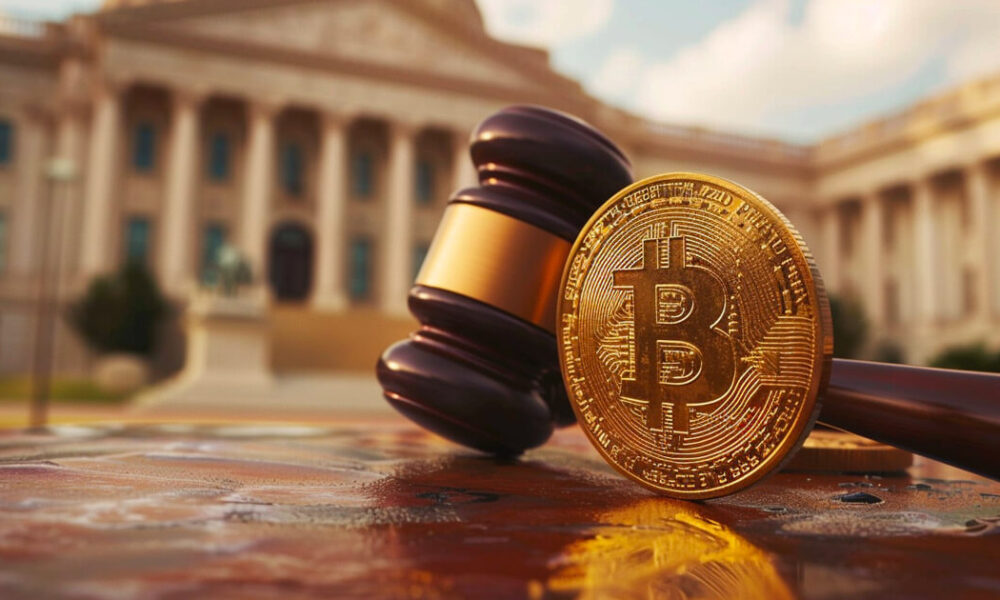News
Oklahoma signs bill protecting cryptocurrency spending, mining and self-custody

Oklahoma has signed into law a bill protecting cryptocurrency rights.
The Oklahoma State Legislature website indicates that Governor Kevin Stitt approved HB 3594 onwards May 13th.
The bill takes effect on November 1.
Under the new law, the Oklahoma state government cannot ban, restrict, or impair the use of cryptocurrencies in purchases or self-custody of cryptocurrencies.
Additionally, state and local governments cannot impose additional taxes or other charges specifically targeted at cryptocurrencies. Taxes on legal tender currency apply.
Mining and other protections
HB 3594 also protects domestic cryptocurrency mining and mining by declaring participation in both types of mining legal in Oklahoma.
The bill specifically ensures that companies can operate cryptocurrency mining companies in areas designated for industrial use. Political subdivisions may change the zoning of a mining operation with appropriate notice and comment, and mining companies may appeal the zoning change.
The bill also prevents political subdivisions from imposing specific noise restrictions and other rules on cryptocurrency mining activities, although general noise ordinances and data center requirements would apply.
The state public utilities commission, the Oklahoma Corporation Commission, cannot create discriminatory tariff rates for mining companies.
Oklahoma cannot require parties involved in mining, staking, and variations to obtain a money transfer license. Likewise, it cannot require those operating a blockchain node to obtain a license to transmit money.
Industry support
The Oklahoma Bitcoin Association wrote:
“The law makes Oklahoma the FIRST state to codify the rights of its citizens to operate a node, mine and self-custody their own Bitcoin.”
Satoshi Act Fund CEO and co-founder Dennis Porter commented on the bill, saying it faces an “onslaught of attacks” on self-custody.
Some states and regions in the United States, most recently Arkansas, have done so restrictions imposed on cryptocurrency mining, sometimes citing noise pollution as a justification.
Meanwhile, attempts at legislation at the US level, including that of Senator Elizabeth Warren Law against digital asset laundering, aim to impose restrictions in similar areas. Warren’s bill aims to restrict unhosted wallet providers, digital asset miners, validators and other nodes.
